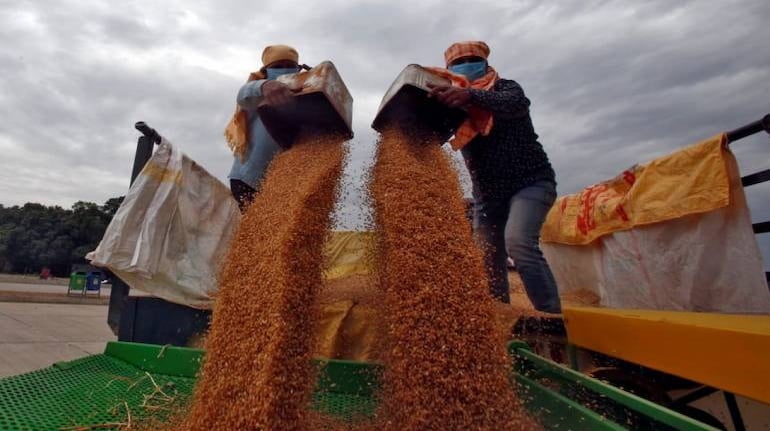
Source: Reuters
In a setback to the Indian derivatives market, the Securities and Exchange Board of India (SEBI) on Monday, December 20, directed stock exchanges not to launch new derivatives contracts in wheat, crude palm oil, moong (green gram) and other commodities until further orders.
The directive will come into force with immediate effect, according to a statement by the market regulator.
In existing contracts, no new positions will be permitted to be taken and only squaring up of positions will be allowed.
What has been banned?
The market regulator has added paddy (non-basmati), wheat, soya bean and its derivatives, crude palm oil and moong to the list of items on which no new derivative contracts will be allowed.
SEBI said the ban will come into force with immediate effect and will be applicable for a period of one year.
The list also includes chana (chickpeas), mustard seeds and derivatives, which were banned on August 16 and October 8, respectively.
Why the suspension?
The move is likely aimed at allaying inflation concerns ahead of elections next year in states including Goa, Punjab, Uttar Pradesh and Uttarakhand. The Centre is facing heat from opposition parties over surging prices of essential commodities.
The latest directive also comes at a time when wholesale inflation spiked to 14.23 percent in November, from 12.5 percent in October.
Wholesale Price Index-based inflation has remained in double digits for eight consecutive months beginning in April, mainly because of surging prices of food items.
According to the government, edible oil prices climbed 29.7 percent in November. Notably, India depends on the import of edible oils to meet nearly 65 percent of its total consumption of about 22 million tonnes. The country has imported 13 million tonnes this year to bridge the gap between demand and domestic supply.
Impact on derivative markets
Crude palm oil is the only major agri commodity traded on the Multi Commodity Exchange (MCX) while soybean and mustard are traded on the National Commodity and Derivatives Exchange (NCDEX)
Open interest on the three oilseed commodities is to the tune of over 100,000 tonnes.
The suspension comes ahead of the rabi crop, sown in winter, hitting the markets in a couple of months. With no reference price, traders will be clueless on future sentiment. Importers, who hedge on the derivative market to safeguard themselves from price moves, may also be more vulnerable.
Impact on pricesInitially, the outlook will be bearish as traders rush to square off open positions on derivatives. India’s dependence on imports, however, means the rupee and global cues will dictate the fundamentals.

